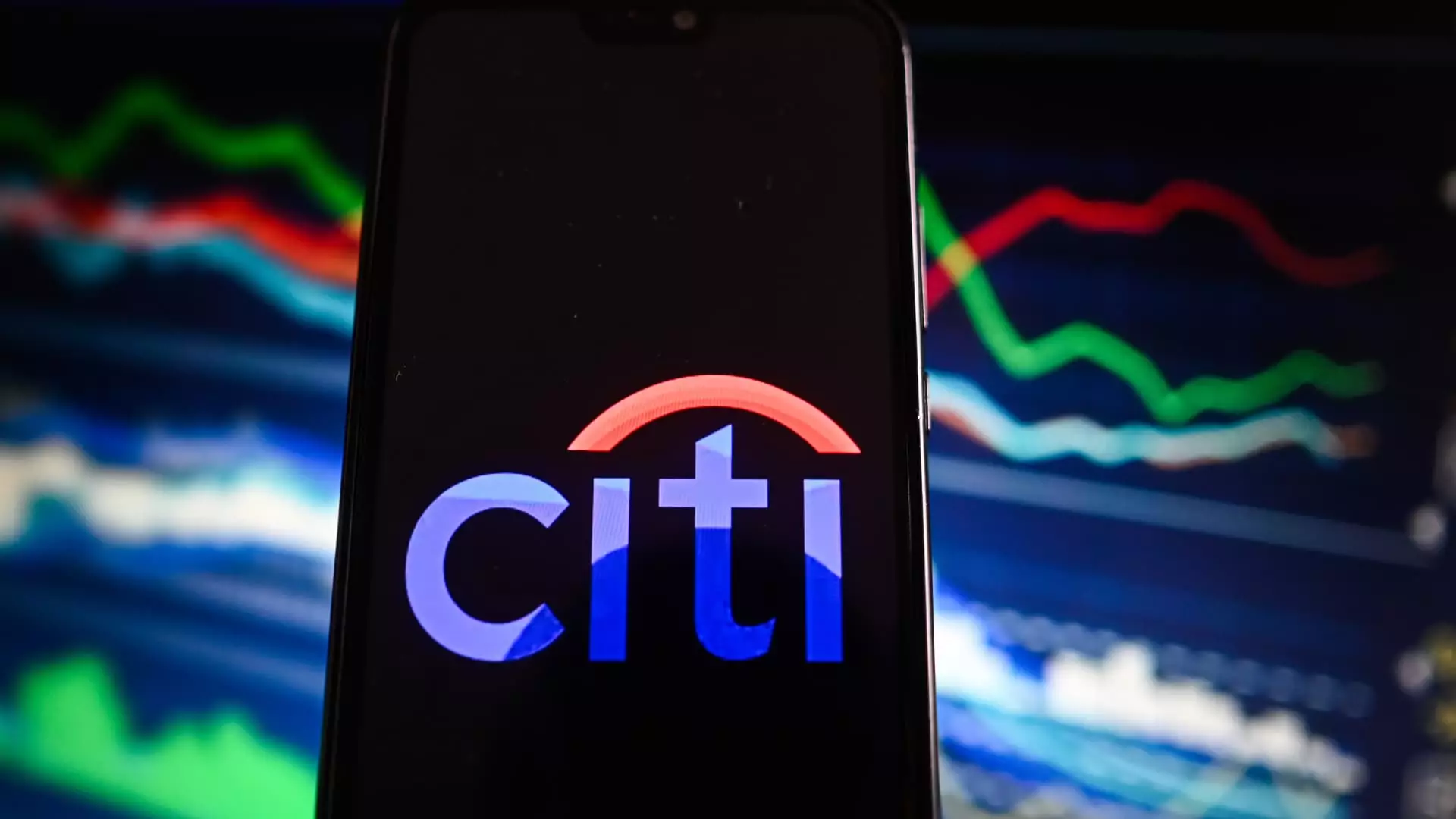In the wake of the recent presidential election, a notable surge in bank stocks reflects a palpable sense of investor optimism, driven largely by the anticipation of Donald Trump’s potential victory. As results began to emerge, there was a clear shift in the market, indicating that many investors are banking on the prospect of a Republican-led administration. Industry giants such as Citigroup and Bank of America saw substantial gains, with Citigroup rising by approximately 5% and Bank of America climbing over 3%. Such substantial increases underscore the market’s sensitivity to political shifts, particularly in sectors like banking that are heavily influenced by regulatory environments.
The perceived benefits of a Trump presidency for the banking sector are largely rooted in expectations of deregulation. Analysts and investors alike are keenly aware that a Republican administration is typically associated with a more lenient regulatory framework, which could stimulate growth within financial institutions. The potential rollback of the Consumer Financial Protection Bureau’s (CFPB) oversight is particularly significant. According to Jaret Seiberg from TD Cowen, this shift could see a reduction in regulatory scrutiny, allowing banks greater freedom to operate without stringent constraints. His analysis suggests that these changes could serve as a catalyst for financial equities, incentivizing risk-taking and operational expansion.
As trading results began to come in, the initial gains for major banks highlighted a clear nexus between political outcomes and stock market performance. Investors focused on Trump’s leadership style, which they believe may favor a deregulatory agenda over conventional policy approaches. While there’s enthusiasm surrounding lower capital requirements and flexibility in regulations regarding credit cards and cryptocurrency, it is crucial to recognize the broader implications of such policies. Seiberg’s caution regarding Trump’s potential tariff strategies and immigration policies serves as a stark reminder that optimism can be quickly tempered by uncertain economic consequences, which might include inflationary pressures.
Indeed, the current market climate illustrates a paradox: while the prospects for banking stocks appear bright under a Trump presidency due to anticipated deregulation, investors must remain vigilant about the potential downsides associated with his policy proposals. Factors such as tariffs could lead to increased costs, while immigration reforms may disrupt labor markets, collectively impacting overall economic stability. Therefore, while bank stocks have surged in response to the election results, investors would do well to adopt a careful and considered approach as they navigate the complexities of a transformative political landscape.
The emerging trends in the banking sector following Trump’s electoral lead reveal a layered and nuanced market reaction. The optimism surrounding deregulation underscores the strong relationship between financial performance and political leadership, yet it is matched by underlying uncertainties that warrant ongoing scrutiny. As the situation unfolds, both investors and analysts will need to remain adaptive, ready to recalibrate their strategies in response to evolving market dynamics influenced by the new political reality. The coming months will surely shed more light on the actual implications of these anticipated changes on the financial sector and the broader economy.

